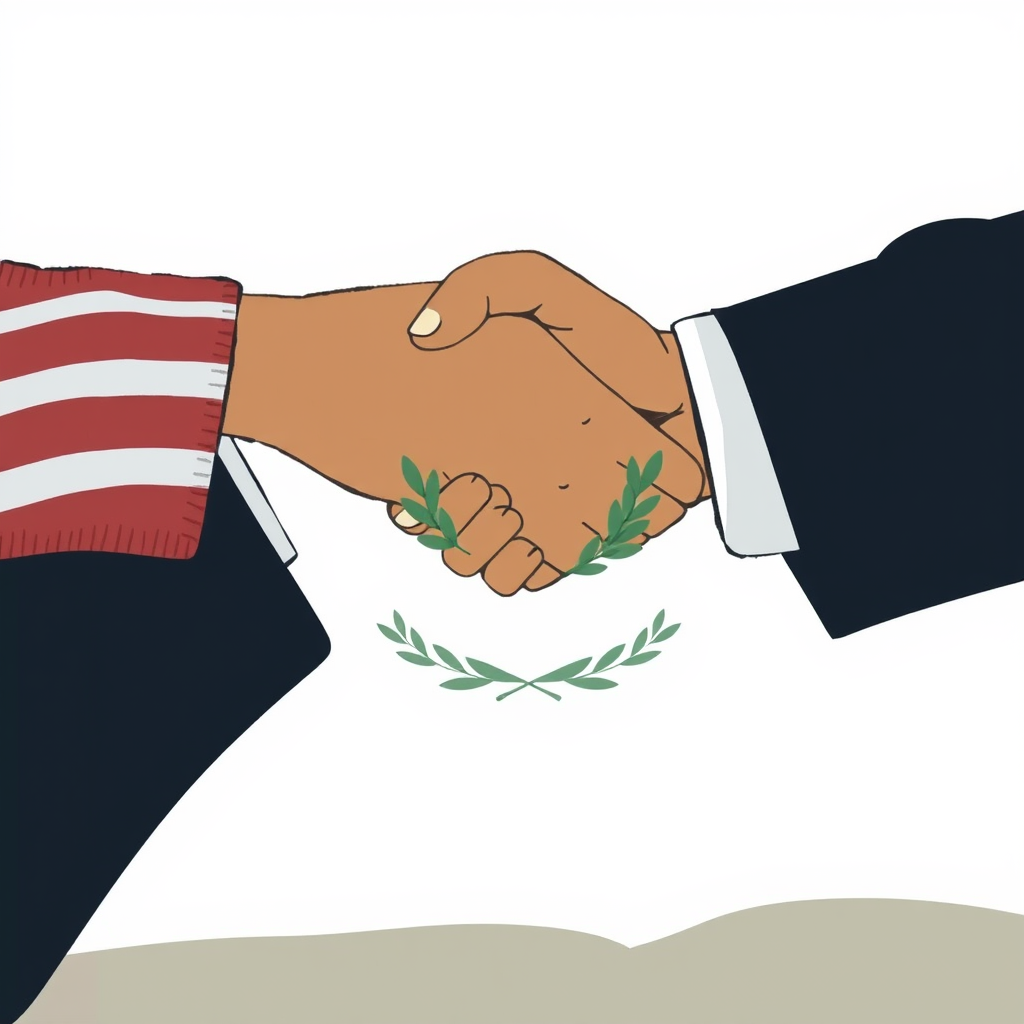Iran Nuclear Deal: Unexpected Progress Emerges

Negotiations for a renewed nuclear agreement between the United States and Iran are showing early signs of promise, offering a potential breakthrough on a challenging geopolitical front. After stalled talks regarding conflicts in Ukraine and Gaza, diplomatic efforts have shifted, with recent meetings in Oman marking the first high-level discussions between U.S. and Iranian negotiators in several years. Both sides have publicly characterized these initial conversations as productive, and have agreed to continue dialogue this weekend.
A key element driving this renewed optimism appears to be a shift in U.S. strategy. Unlike previous administrations that demanded the complete dismantling of Iran’s nuclear program, the current approach, as articulated by U.S. envoy Steve Witkoff and President Trump, focuses solely on preventing Iran from acquiring a nuclear weapon. The President has stated a desire for Iran’s economic success alongside this non-proliferation goal, signaling a potential willingness to engage in a more constructive relationship if verifiable safeguards are in place.
This pragmatic shift is notable. While significant hurdles undoubtedly remain – including verification mechanisms and the scope of restrictions on Iran’s nuclear activities – the stated U.S. position represents a potentially crucial step toward a viable agreement. The focus on preventing weaponization, rather than complete program elimination, could offer a pathway to compromise that was previously unattainable. Whether this momentum can be sustained and translated into a lasting agreement remains to be seen, but the initial signs are encouraging in a region desperately needing diplomatic success. The willingness to engage, coupled with a redefined objective, presents a rare opportunity to address a critical national security concern.